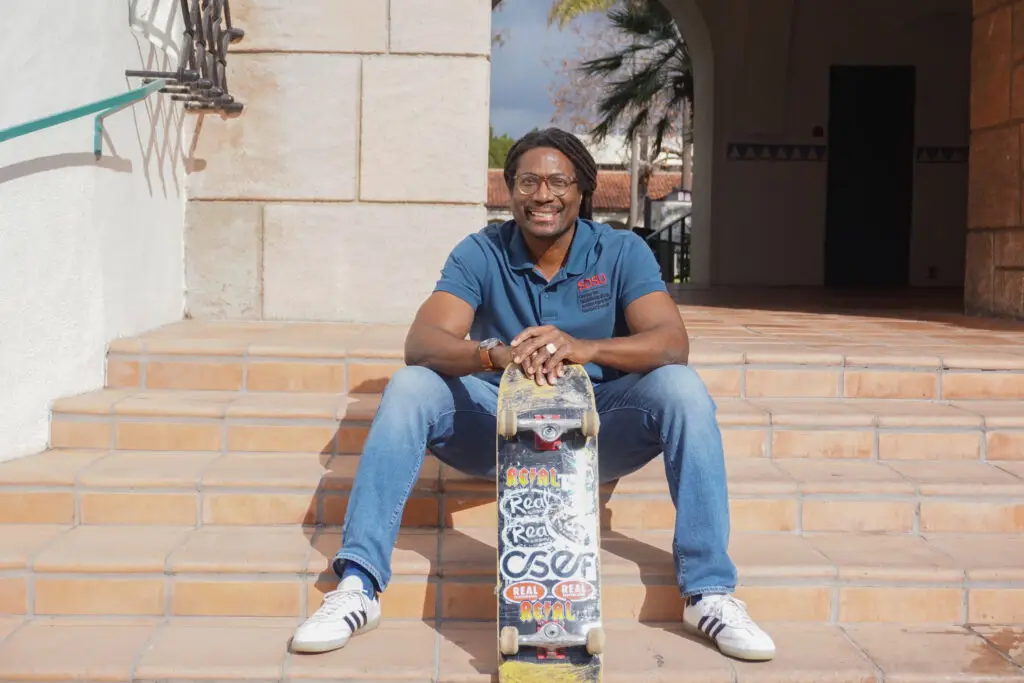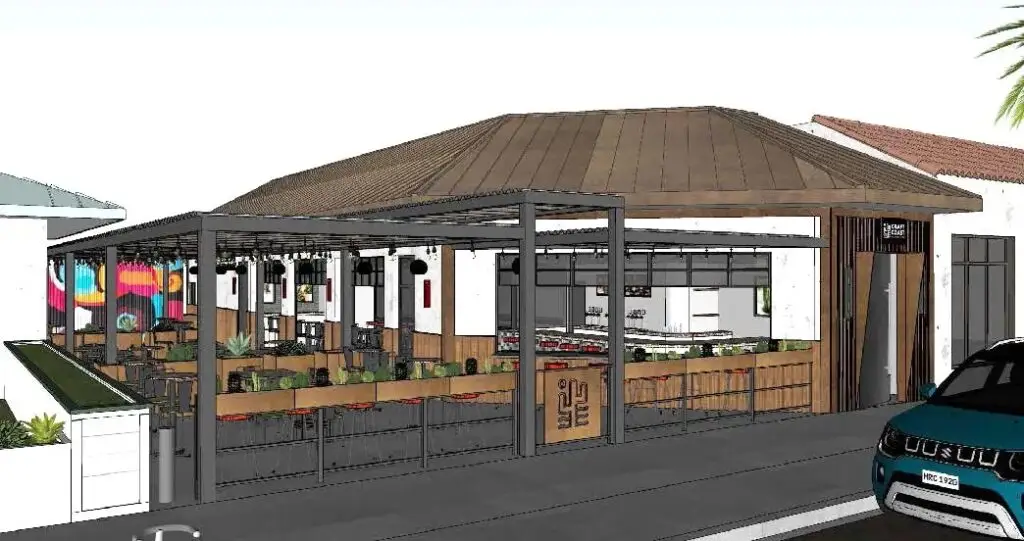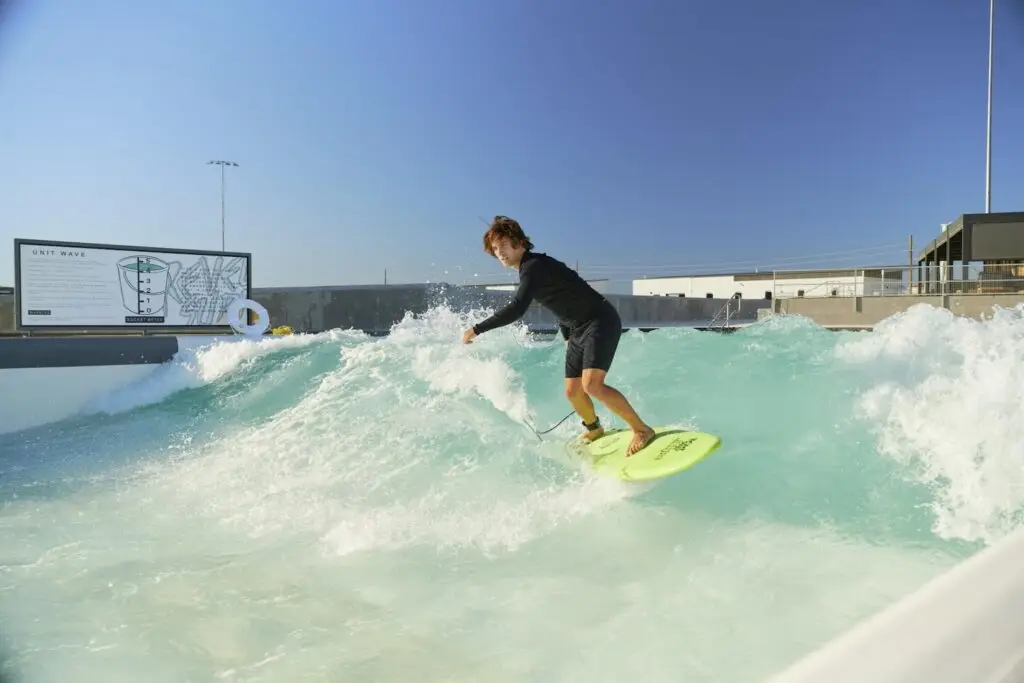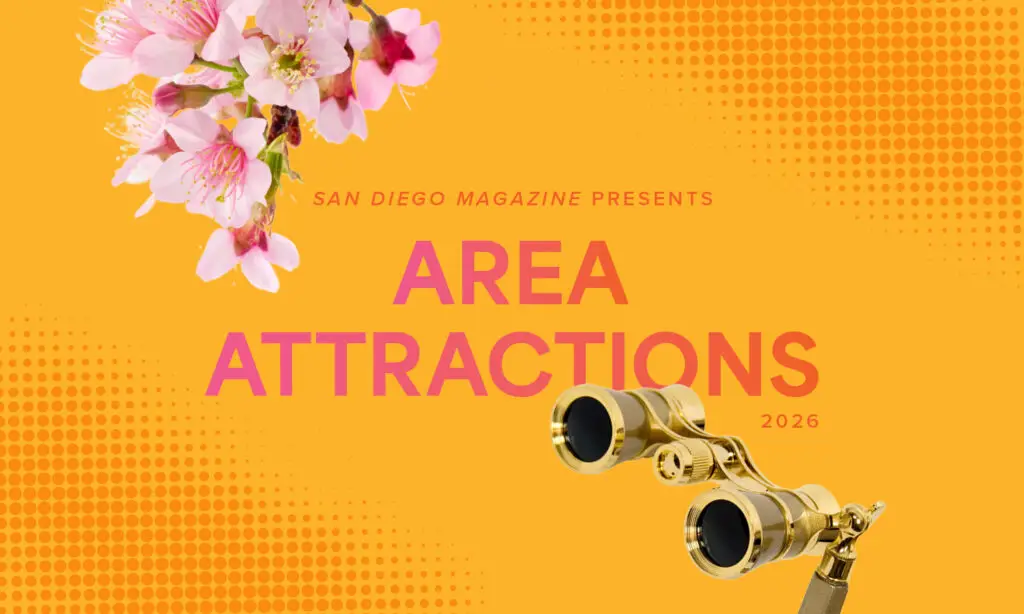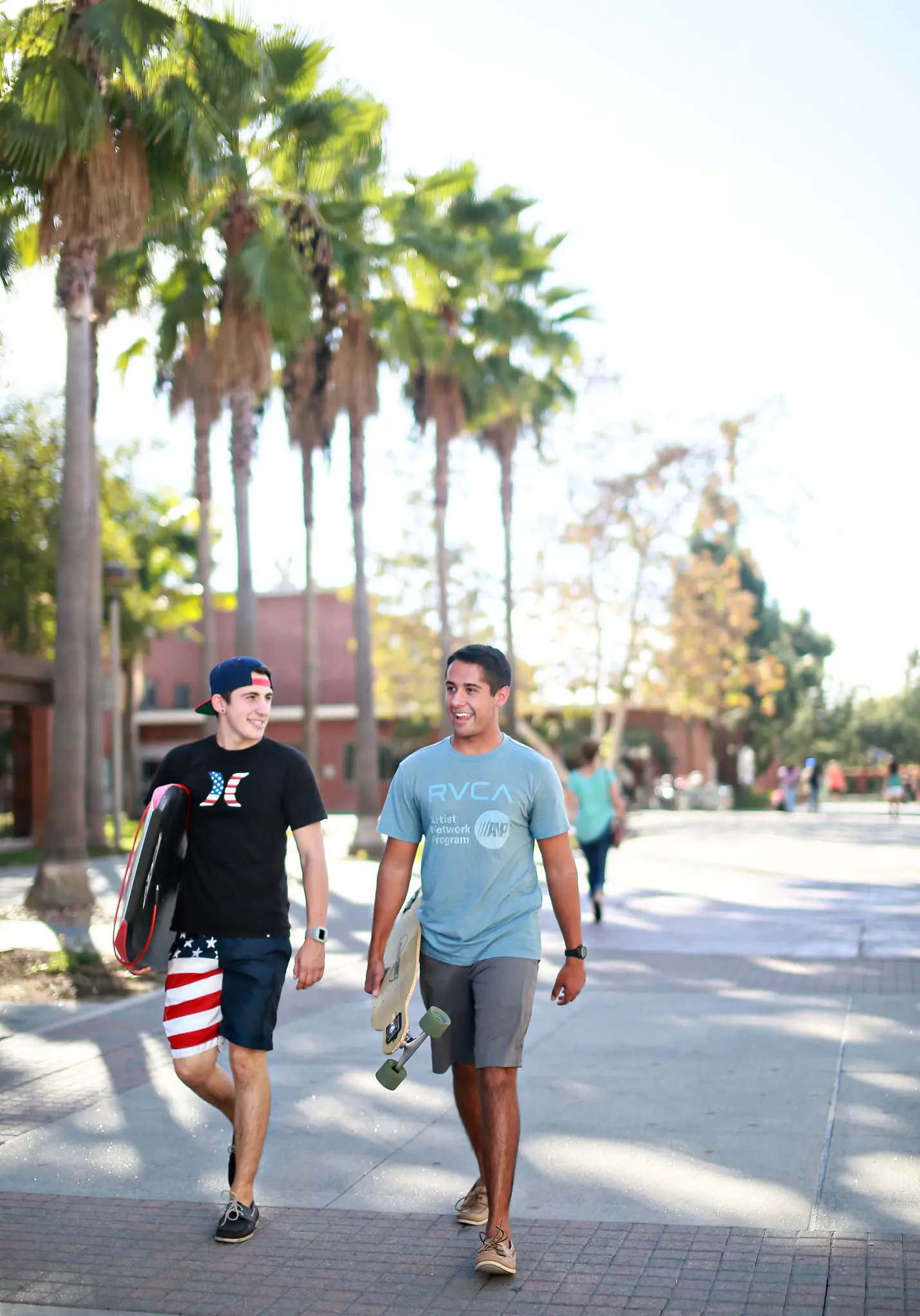Written by La Monica Everett-Haynes
From Ocean Beach to the canyons of Clairemont and the sidewalks of San Diego State University’s campus, generations of skaters have pushed through the streets. Now, the city that helped define modern skate culture is home to a university program that is shaping the future of skateboarding – through research, education and global partnerships.
A new collaboration between SDSU’s Center for Skateboarding, Action Sports, and Social Change and The Skatepark Project (TSP) is linking skateboarding’s cultural power to academic research and community impact. The partnership aims to spotlight the mental, physical and social benefits of skateboarding culture, while launching a series of events and initiatives designed with students and communities in mind.
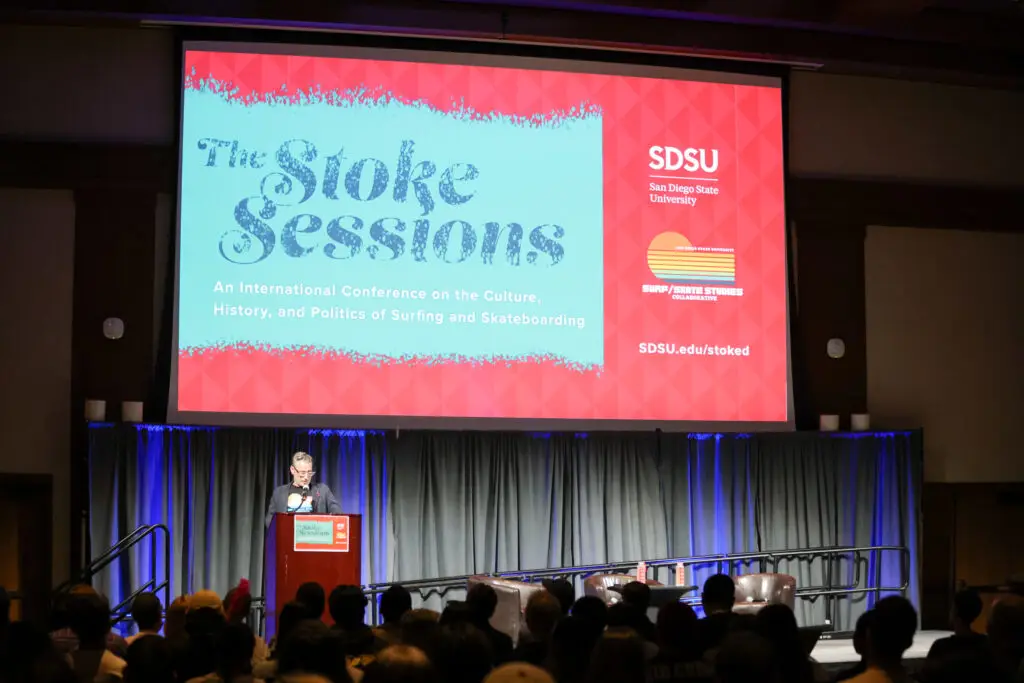
“Meeting young people where they are – and using their love of skateboarding – helps them see the university as a place of belonging,” said Neftalie Williams, director of SDSU’s skateboarding center and assistant professor of sociology. “It creates a gateway into other fields of study like business, diplomacy, art, and technology.”
Together, SDSU and TSP will conduct and share research on the wellness and cultural impacts of skateboarding, host programs and events that promote inclusion, health and youth development; and collaborate with universities, governments and businesses around the world to elevate skateboarding as a tool for social change.
“The Skatepark Project recognizes the importance of research in understanding and promoting skateboarding,” said Benjamin Anderson Bashein, CEO of TSP. “That’s why we’re excited about the center and the essential work that can be done there. We look forward to collaborating with SDSU to explore the benefits of skateboarding and skateparks for the millions who use them globally.”
The impact is massive. TSP has supported nearly 700 skateparks across all 50 states, with an estimated 17 million visits annually. And internationally, skateboarding has surged in popularity in South Africa, Japan, Mexico, the United Kingdom and elsewhere.
Williams, who co-authored a nationwide study (“Beyond the Board: Skateboarding, Schools and Society”) found that skateboarding is more than a sport; skateboarding is a creative and social ecosystem that helps young people build identity, navigate challenges and form lasting communities.

That sense of connection is key to skateboarding’s appeal.
“Often skateboarding is different from traditional team sports because it relies so heavily on individual practice and skill honing that is then shared in a communal space at a skatepark or ‘spot.’ This builds mental and physical health capacity by requiring skaters to challenge themselves and to develop focus and confidence. In many ways skateboarding is both about joy and overcoming the fear of failure,” said David Kamper, associate director of the SDSU Center for Skateboarding, Action Sports, and Social Change and professor of American Indian Studies.
Skateboarding as we know it today has its origins in California in about the 1940s and 1950s as a fun way for kids to get around town. During the 1960s and 1970s, surfers turned to skateboarding to practice their movements and skills, often in the Southern California embankments and gullies that were paved to stop erosion. These mini hills provided perfect concrete and asphalt waves. In the 1980’s, Tony Hawk – who went on to establish TSP – emerged as the leader, and during the 1990s established one of the most celebrated teams in skateboarding under his brand Birdhouse Skateboards, in San Diego.
And anyone who has been at SDSU since the early 2000s knows how ubiquitous skateboarding is and it is only growing, Williams said.
“Most everyone at some point has connected with skateboarding, which remains an influential part of culture and urban life, for youth and, really, for people of every age,” said Williams, a skateboarder himself, who served as the inaugural Ambassador of Skateboarding, appointed by the U.S. State Department. “Skateboarding is constantly evolving in terms of style, technique, health benefits, accessibility and its impact on public diplomacy. It represents everything we want our young people to experience early in life.”
